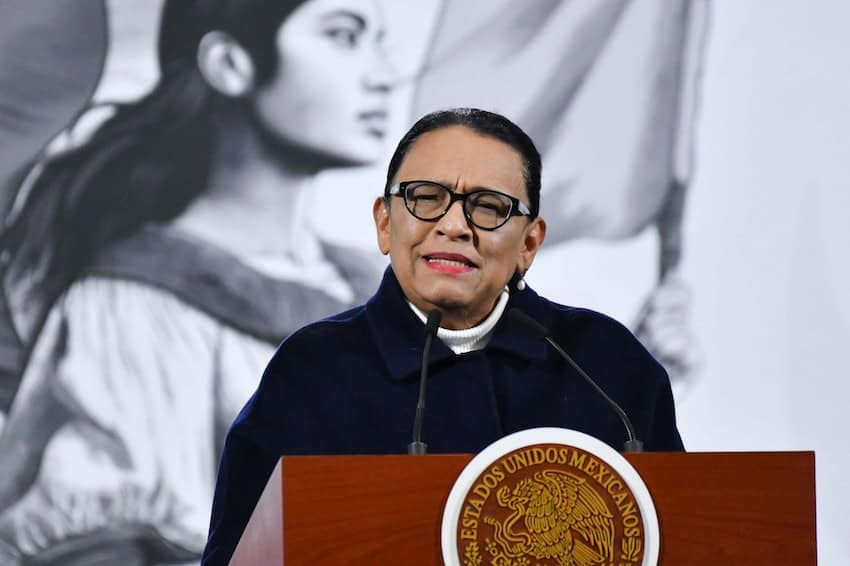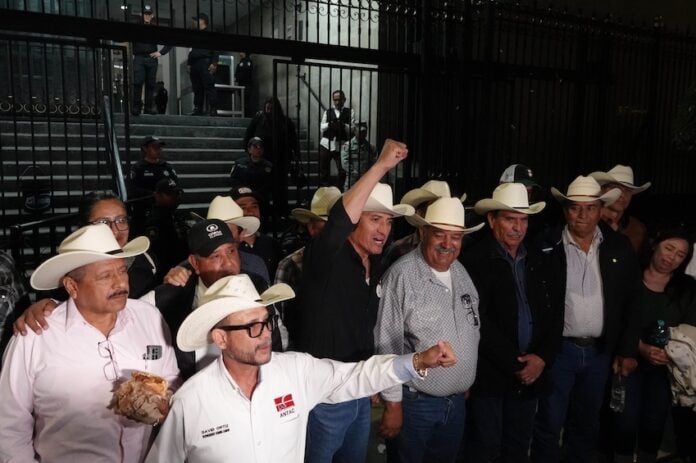Truckers have agreed to end highway blockades after a marathon negotiating session on Thursday produced preliminary agreement on the security, water and agricultural issues that had led to the protest.
The National Front for the Rescue of Mexican Farmland (FNRCM) and the National Association of Transporters (ANTAC) have begun to lift the blockades that snarled traffic on highways, obstructed access to toll booths and U.S. ports of entry, and brought customs offices to a standstill.

After 13 hours of talks, Interior Minister Rosa Icela Rodríguez announced that the government had agreed to address the demands of the producers and transporters by establishing several permanent working groups and to modify proposed reforms to the National Water Law.
Issues to be further resolved in the working groups, in addition to legal restrictions regarding water use, are guaranteed prices and loans for the agricultural sector and security on the nation’s highways.
“We will be following up on addressing the problems outlined by [producers] and transporters, while also delivering the corresponding support directly to each farmer,” Rodríguez said.
ANTAC leader David Estévez celebrated the “positive agreements” and thanked those who participated in the “struggle” while also expressing gratitude toward those who were impacted by the blockades.
Estevez said his group was pleased that the government will set up specialized prosecutors’ offices for highway crimes, saying that previous dependence on state security officials often included harassment and extortion of truckers on remote highways. He said state troopers will no longer deal with highway crime unless they in turn are overseen by the National Guard.
He also praised the government’s agreement to install security cameras on highways and ensure safe rest stops, though he did caution that his organization was willing to block highways again if the working groups don’t function adequately.
FNRCM spokesman Baltazar Valdés highlighted the government’s commitment to releasing outstanding payments for wheat and corn. He also emphasized the importance of reviewing farm loans and establishing guaranteed prices for agricultural products.
Eraclio Rodríguez, the leader of an association of farmers from the state of Sinaloa, said the National Water Commission (Conagua) had consented to amend the water bill, providing for the differentiated treatment for water used for agriculture purposes versus water used for industrial or other purposes. This modification is intended to maintain the principle of prioritizing domestic use of water extracted from wells.
Farmers also insisted that the government ensure that basic grains and oilseeds are excluded from any future review of the USMCA free trade pact.
With reports from La Jornada, El Universal, Milenio and Excelsior
